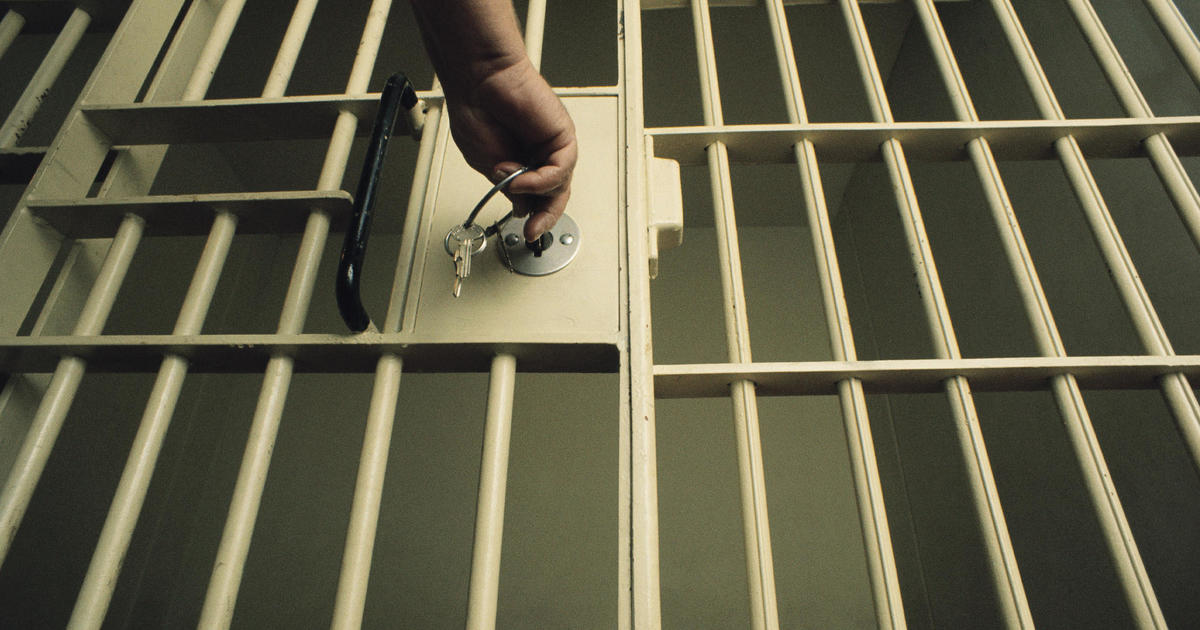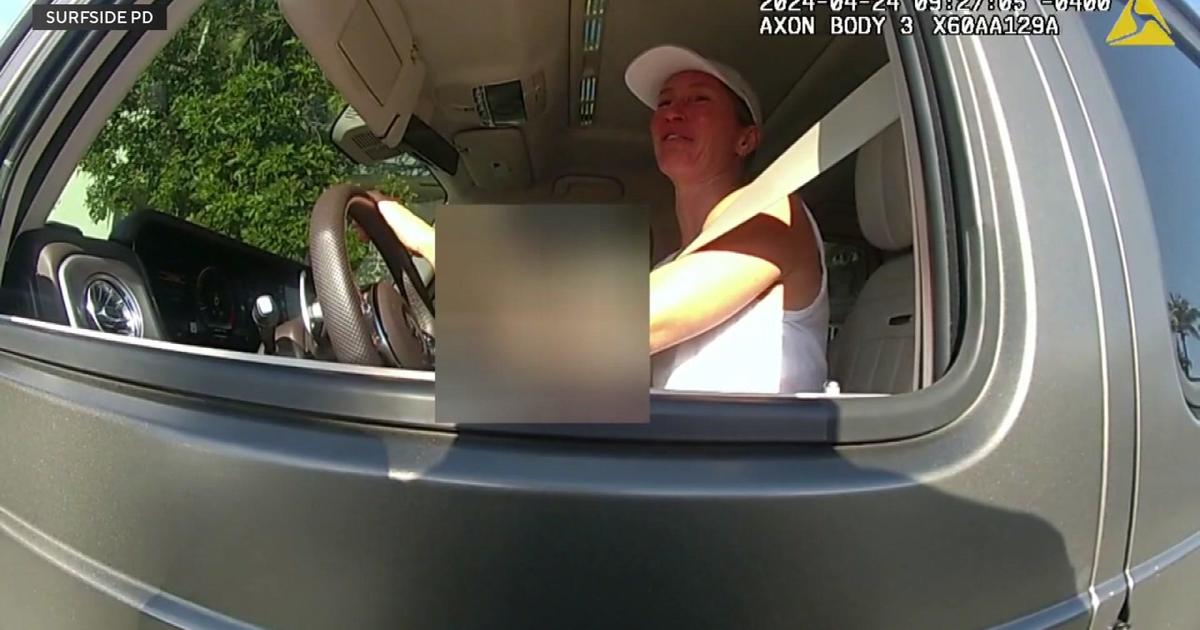Feds Sue Florida For Keeping Disabled Kids In Nursing Homes
MIAMI (CBSMiami/AP) – Following up on a threat the U.S. Justice Department made last September, federal officials have filed a suit against the state of Florida for its practice of housing disabled children in nursing homes.
Last year federal investigators visited half a dozen nursing homes across the state and found more than 200 children living in them when they could receive the need care at home.
It's a story CBS4's Michele Gillen first reported in April, 2012.
According to the lawsuit, Florida's system has led to unnecessary segregation and isolation of children, often for years.
Last September, the feds threatened to sue if no changes were made.
"Children in Florida are unnecessarily living in nursing homes,'' U.S. Assistant Attorney General Thomas Perez said in a letter to lawyers for three state agencies at the time. "Other children are at serious risk of the same fate. Families are being separated, and parents are being forced to confront the cruel choice of struggling daily to find a way to care for their child at home without necessary supports or placing their child in a nursing facility."
The state has vehemently denied the findings of the investigation, which the Department of Justice released Sept. 4, 2012.
"Florida has made many improvements in its already strong program of caring for medically complex children and helping their families cope with their everyday challenges," Health Care Administration Secretary Liz Dudek said in the statement on Monday. "Today's Obama Administration action shows that Washington is not interested in helping families improve but instead is determined to file disruptive lawsuits with the goal of taking over control and operation of Florida's Medicaid and disability programs."
The federal investigation centered on 221 children with costly, complex medical conditions who have been placed in nursing homes. As examples of the severity of their conditions, 58 percent of those children have what are known as tracheotomy tubes to help them breathe, while 33 percent are on ventilators, according to the state.
Dudek said they have made some strides forward since the investigation. She points out that31 children have been discharged from pediatric nursing facilities to their family, adoptive placements, group homes or medical foster care. Six of the children discharged after hospitalizations were discharged to their family homes instead of pediatric nursing facilities due to the care coordinator's assistance in coordinating private duty nursing. Three children were diverted from pediatric nursing facility placements and reside in medical foster care homes.
The Department of Justice, which informed the state in December 2011 that it had opened the investigation, focused on part of the American with Disabilities Act that requires public agencies to ensure that disabled people "receive services in the most integrated setting appropriate to their needs." It said many of the children could live at home with their families or in community settings if adequate services were provided.
The issue was brought to the forefront when CBS4's Michele Gillen profiled a little boy named Andi Cali.
CBS4 viewers first met Andi Cali in a news investigation exposing the cries for help from parents who wanted to care for their children at home and say they were essentially not allowed to.
South Florida attorney Matt Deitz has been on the front lines for the parents.
"The concerns your report exposed are absolutely what the Justice Department is looking at," Deitz said.
The lawsuit claims nearly 200 children with disabilities are segregated unnecessarily in nursing homes in Florida.
"Florida has failed," said Deitz. "I hope that the state of Florida sees the light. I hope they give these parents what they need. The department of justice feels that the 3,000 children in the state of Florida are not receiving the services that they need and may end up in an institution."
Following the CBS4 investigation, Andi Cali's mom was allowed to take Andi home and transfer care dollars to her home.
Meanwhile the nursing home Andi Cali had been living in has been shut down by the state for a litany of alleged problems.
Deitz believes that without sharing Andi's story publicly he would still be living in a nursing home.
The News Service of Florida contributed to this report.



